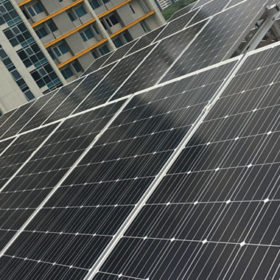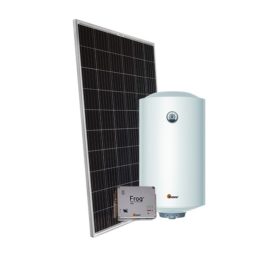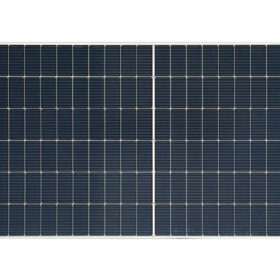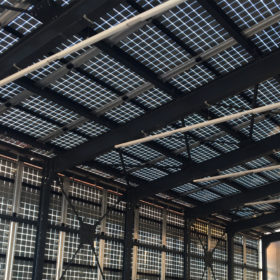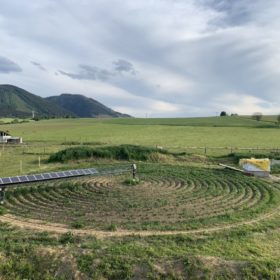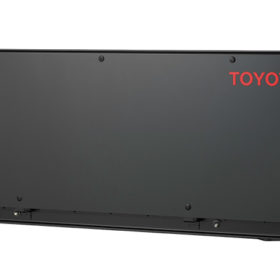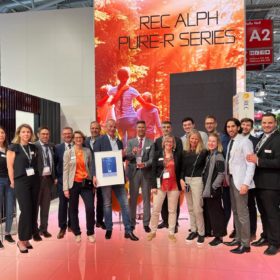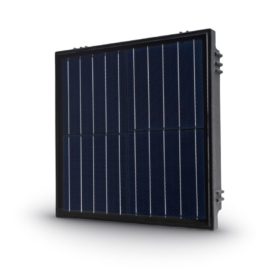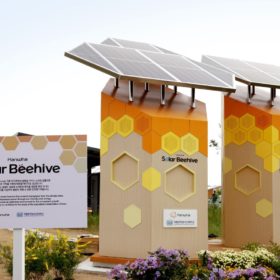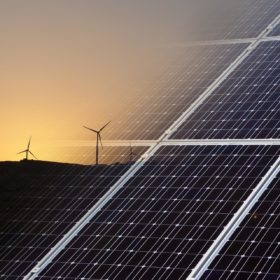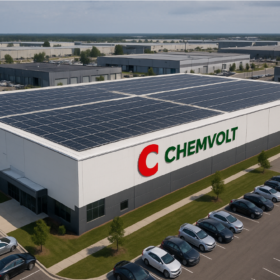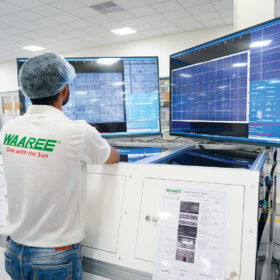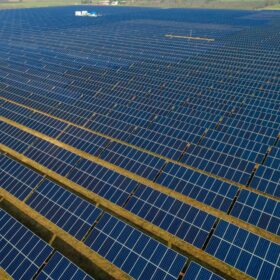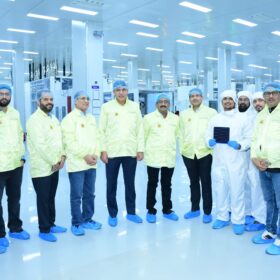Longi signs 1 GW of orders in Bangladesh
From pv magazine Global The deals include utility-scale and distributed solar plants. The contracts are with independent power producers and customers in the commercial and industrial (C&I) segment. The customers include Desh Energy, Sundrop Power, PDL-Greene Solar Power, Omera Solar, Walton Hi-tech PLC, Beximco Textile, and Edison Power. Longi said Bangladesh is a typical South […]
Photovoltaic water heater from Italy
Italian solar panel manufacturer Sunerg has developed an integrated photovoltaic water heater solution based on two resistances. The system relies on a maximum power point tracking (MPPT) controller and can work with a PV module with a power output of up to 450 W.
SDN launches 550 W solar module with 21.28% efficiency
The Korean manufacturer launched a new bifacial module based on M10 wafers and is planning to produce bigger modules based on M12 wafers starting from the third quarter.
New photovoltaic in-roof system from Switzerland
Swiss module manufacturer Megasol has unveiled a novel rooftop PV system in two variants — full-black and translucent. The installation consists of vertical supports, a ridge profile, and solar modules.
Solar arm for agrivoltaic applications
A Slovakian startup has developed a photovoltaic-integrated arm that provides off-grid power for weeding and other small agricultural applications. In its largest configuration, the system is 18 meters long, has a capacity of 2.4 kW, and is able to cover a cultivated area of 994 m².
Toyota unveils 8.7 kWh battery for residential applications
The battery has a rated output of 5.5 kW and can be installed in outdoor environments. It is equipped with a hybrid power conditioner, a DC-to-DC converter, and a vehicle power supply adapter with a maximum output of 1.1 kWh.
REC: “Our future is in HJT”
While many solar manufacturers are as yet undecided about which PV cell technology they will choose for their next high efficiency expansions, for Singapore-based REC, the future is HJT. pv magazine spoke to Cemil Seber, the managing director at REC Solar EMEA GmbH at the Intersolar Europe 2022 trade show, to dig deeper into these manufacturing plans.
New solar module for pavement applications
Hungary’s Platio Solar has developed a new PV module line featuring monocrystalline and polycrystalline cells with clear or opal glass.
Solar beehive in South Korea
Hanwha Group has marked World Bee Day by unveiling the country’s first solar beehive. The PV modules on the beehive generate electricity to automatically monitor and control internal conditions.
Solar-plus-storage vs. wind-plus-storage
US scientists have come up with an analytical way to evaluate the costs and net value of different configurations of large-scale wind and solar projects paired with battery storage. They identified six trends in the US electricity market and found that their framework is aligned with current commercial practices.
